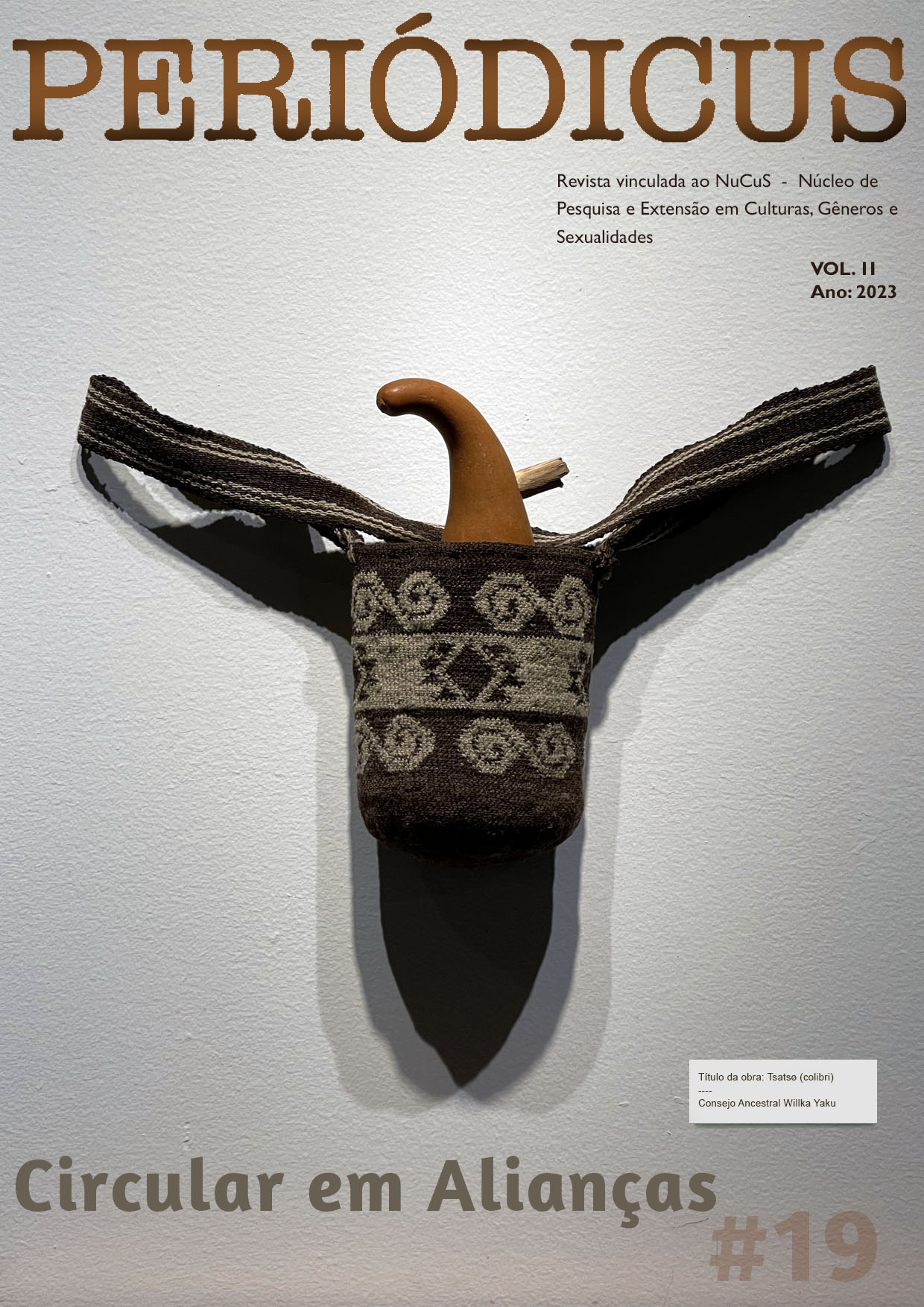A psychologically ethical intervention on the subject adhering to the sexual purity movement
DOI:
https://doi.org/10.9771/peri.v2i19.49613Abstract
This work analyzes the ethics about the psychologist's intervention in the subject's guilty anguish over his own libido resulting from participation in an evangelical movement of sexual purity. Its theoretical basis involves: a socio-historical analysis of chastity within Christianity; a netnography that encompasses outbursts and reports shared within evangelical communities and virtual spaces about the various modalities of anguish and suffering linked to participation in this type of movement; and an analysis of the Brazilian code of ethics of psychology on the religious question. The objective is to understand how the psychologist can ethically intervene on the suffering of this subject without (necessarily) distancing him from his religion. The desired result is the development of methodologies psychologically in line with the category's code of ethics that allow helping this subject to deal positively with their own sexuality.
Downloads
Downloads
Published
How to Cite
Issue
Section
License
Copyright (c) 2023 Saulo Albert

This work is licensed under a Creative Commons Attribution-NonCommercial 4.0 International License.
Authors who publish in this journal agree to the following terms:
Authors retain copyright and grant the journal the right of first publication, with the work simultaneously licensed under a Creative Commons Attribution Noncommercial License that allows the work to be shared with acknowledgment of authorship and initial publication in this journal, but prohibits commercial use.
Authors are authorized to enter into separate additional contracts for non-exclusive distribution of the version of the work published in this journal (e.g., publishing in an institutional repository or as a book chapter), with acknowledgment of authorship and initial publication in this journal.
Authors are permitted and encouraged to publish and distribute their work online (e.g., in institutional repositories or on their personal website) at any point before or during the editorial process, as this can generate productive changes and increase the impact and citation of the published work (see The Effect of Open Access).








